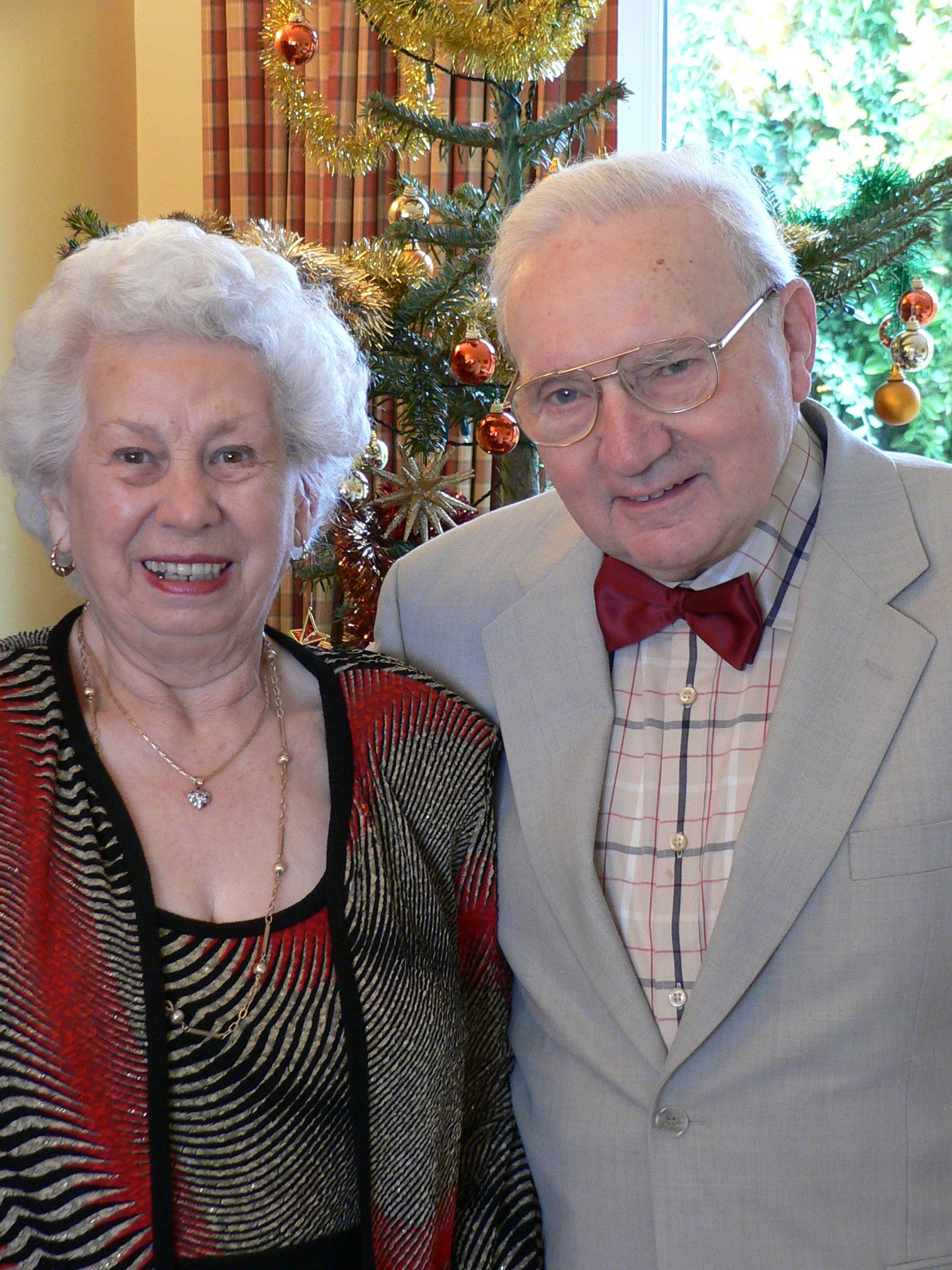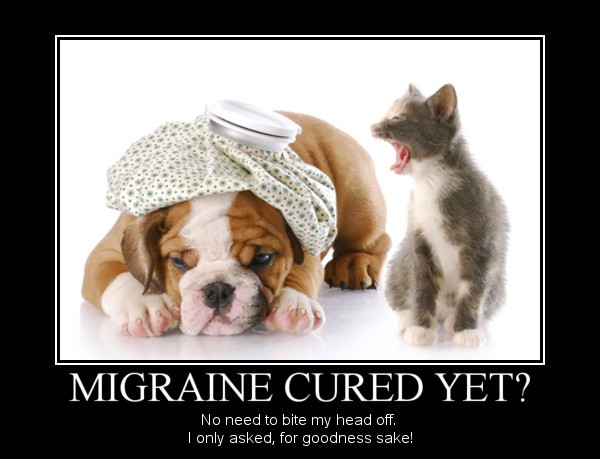Picture the scene, it's late Saturday evening here in the UK and it's not been the best of weeks, so I'm consoling myself with a little glass of red wine and doing my final email check before retiring for the night.
Because I use “Blog Commenting” as one of the methods of getting free visitors to my site, I subscribe to the newsletters of several high profile bloggers and we're regular visitors to each others' blogs.
They are good writers and publish some interesting and very informative articles – I've learned a lot from them. Reading their articles and commenting is a pleasant way to end the day feeling productive.
Then, all at once – shock, horror, my own face is staring back at me from my in-box in the newsletter from Enstine Muki, together with several other bloggers I subscribe to. But what caused my heart to skip a beat was the label….
Fake Bloggers
Enstine's blog is normally one of my favorite “reads”, and I thought he and I had exchanged some interesting comments. I've worked hard on my blog and done my best…
So what on earth could I have done to be named on his blog as a fake blogger?
I'm not going to repeat what Enstine said about me and my fellow bloggers. You'll have to read his blog and form your own opinion. True or false?
Enstine Muki names fake bloggers – click here to read it.
The site opens in a new window, so don't forget to come back here and let me know what you think in the comment box below.
The Value of Blog Commenting For Free Traffic
In case you're wondering about the value of the time spent on blog commenting, I was recently checking my Google Analytics and the stats showed that the major source of my referral traffic comes from blog commenting.
I even got one fairly nondescript and unoptimized complementary health post on page one of Google and I'm sure it was just because of the number of comments on a fairly controversial topic.
What did you think of Enstine's article? Do YOU use blog commenting and have you found it helpful? I'd love to hear from you.











